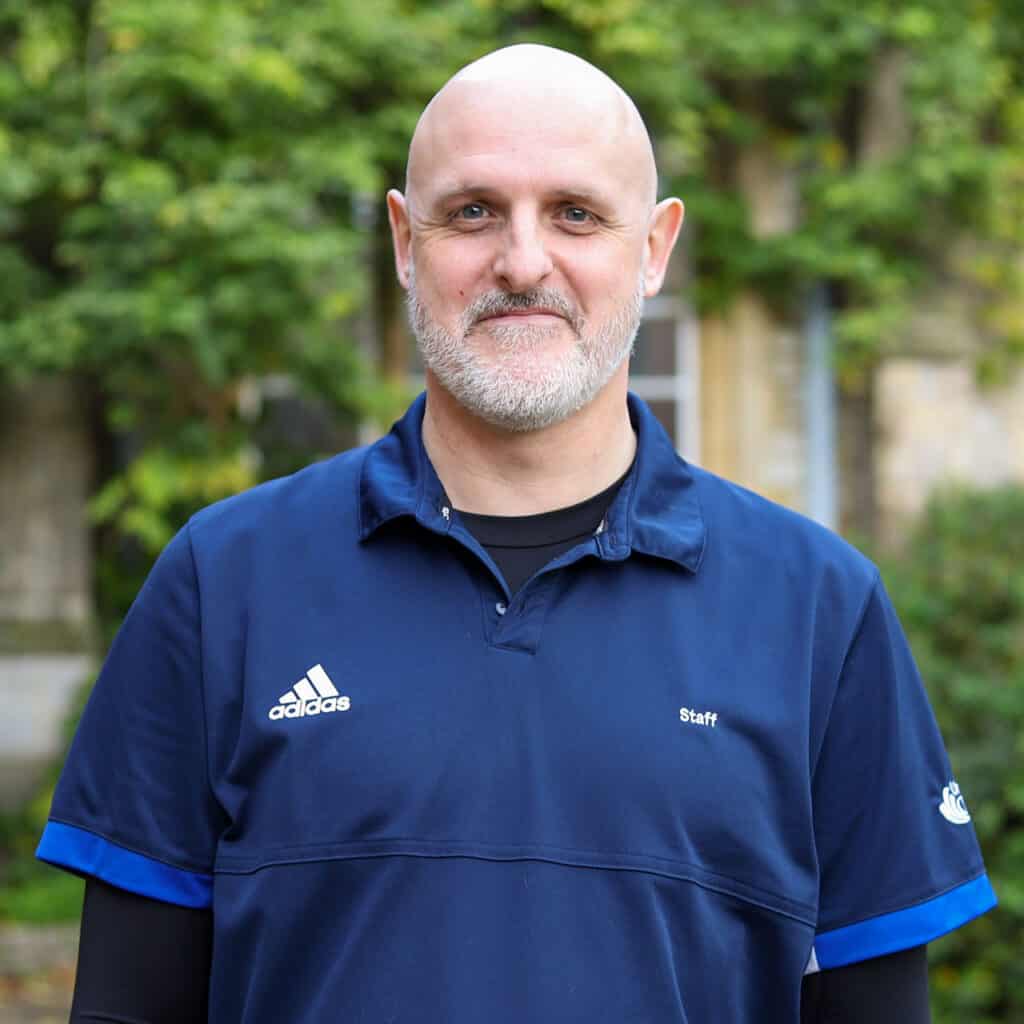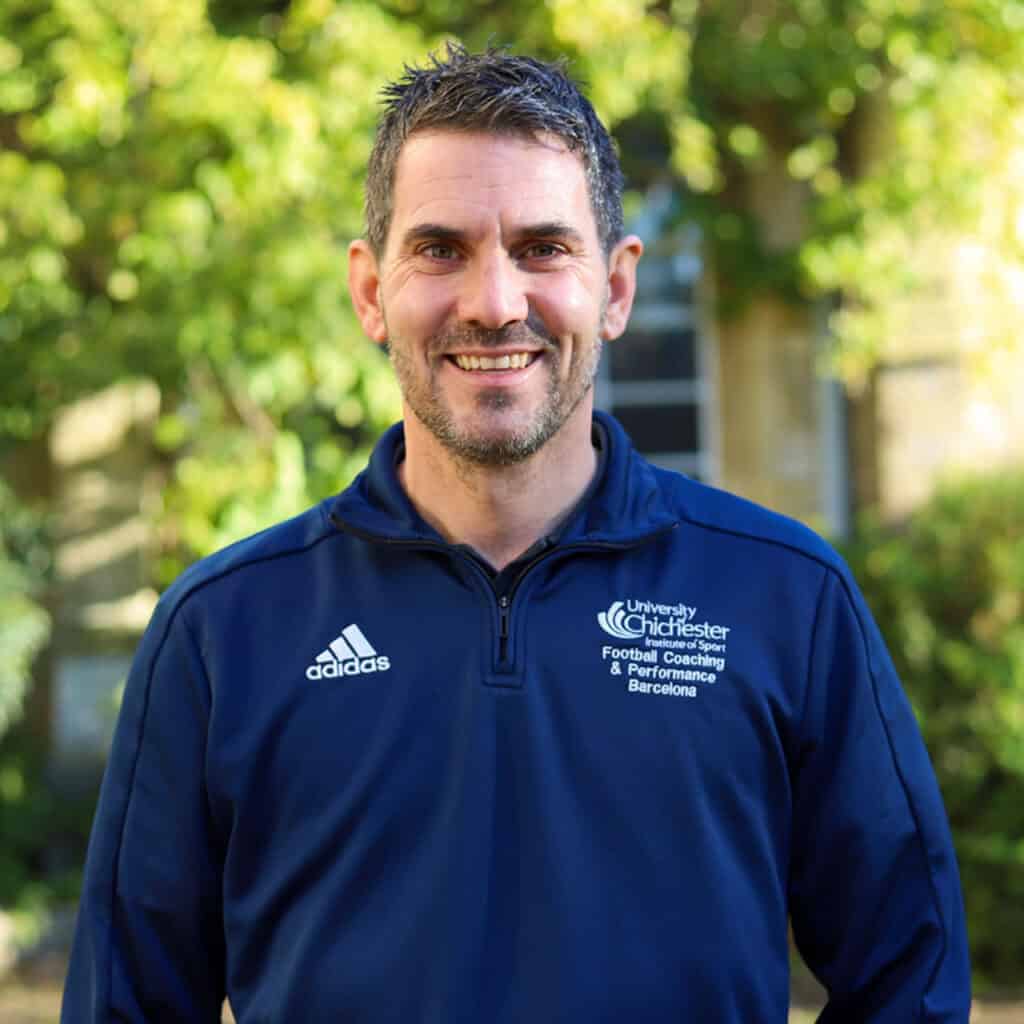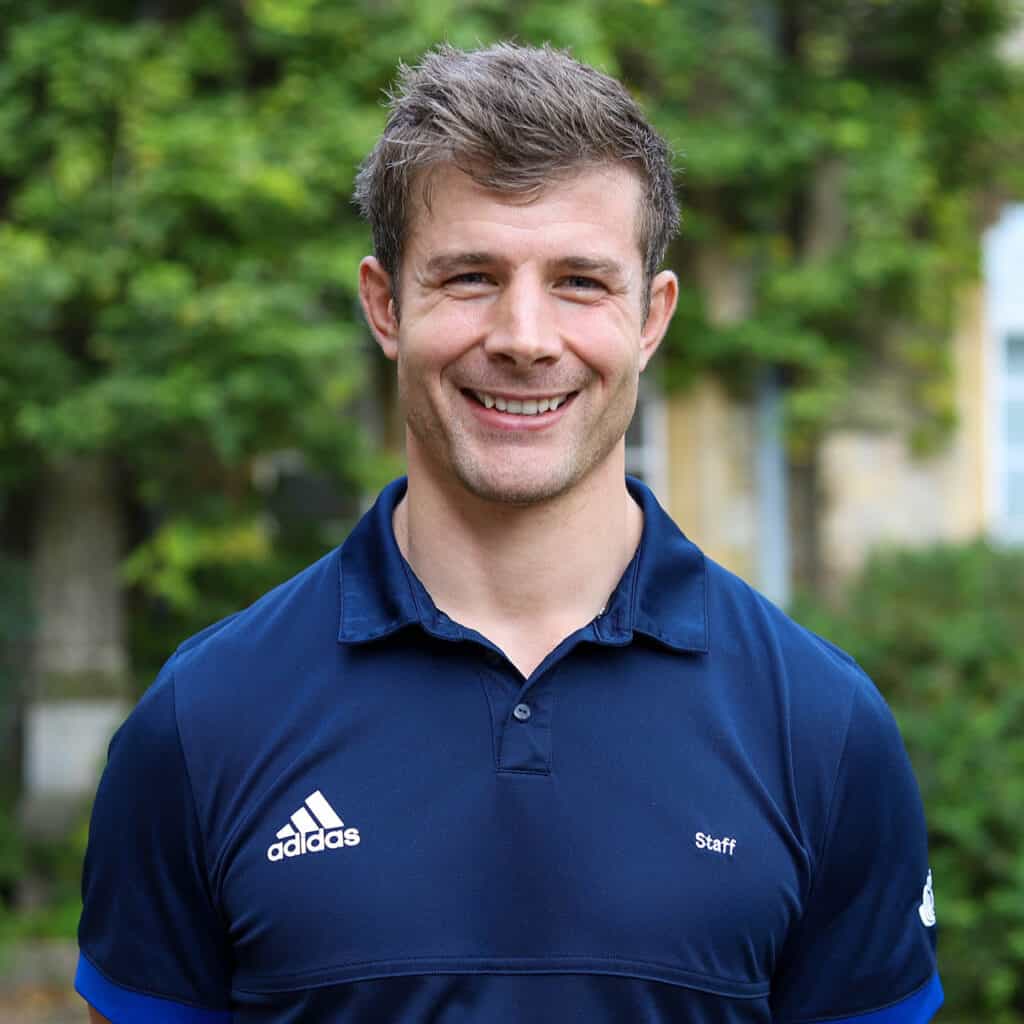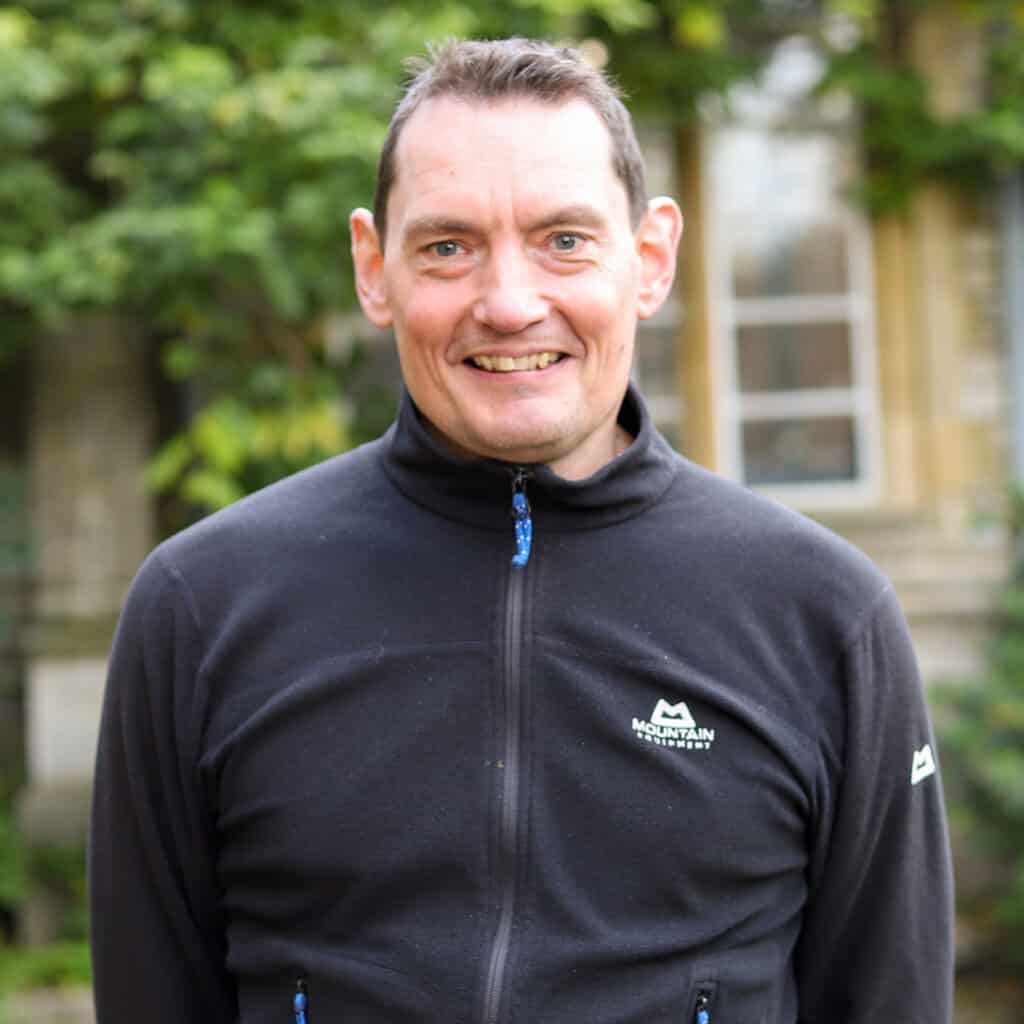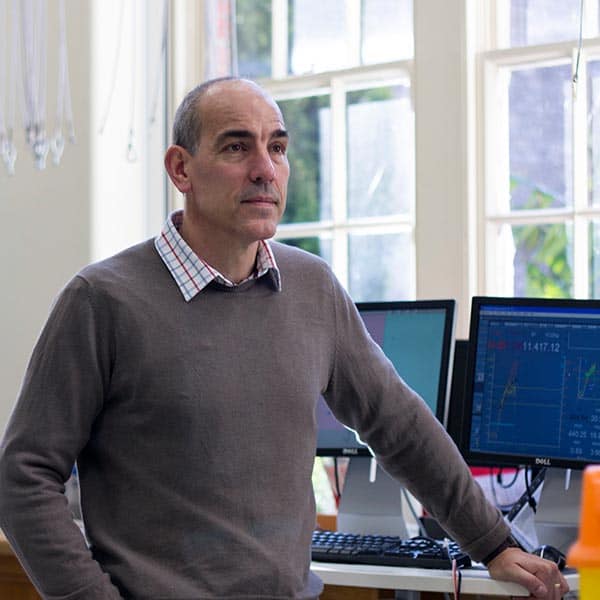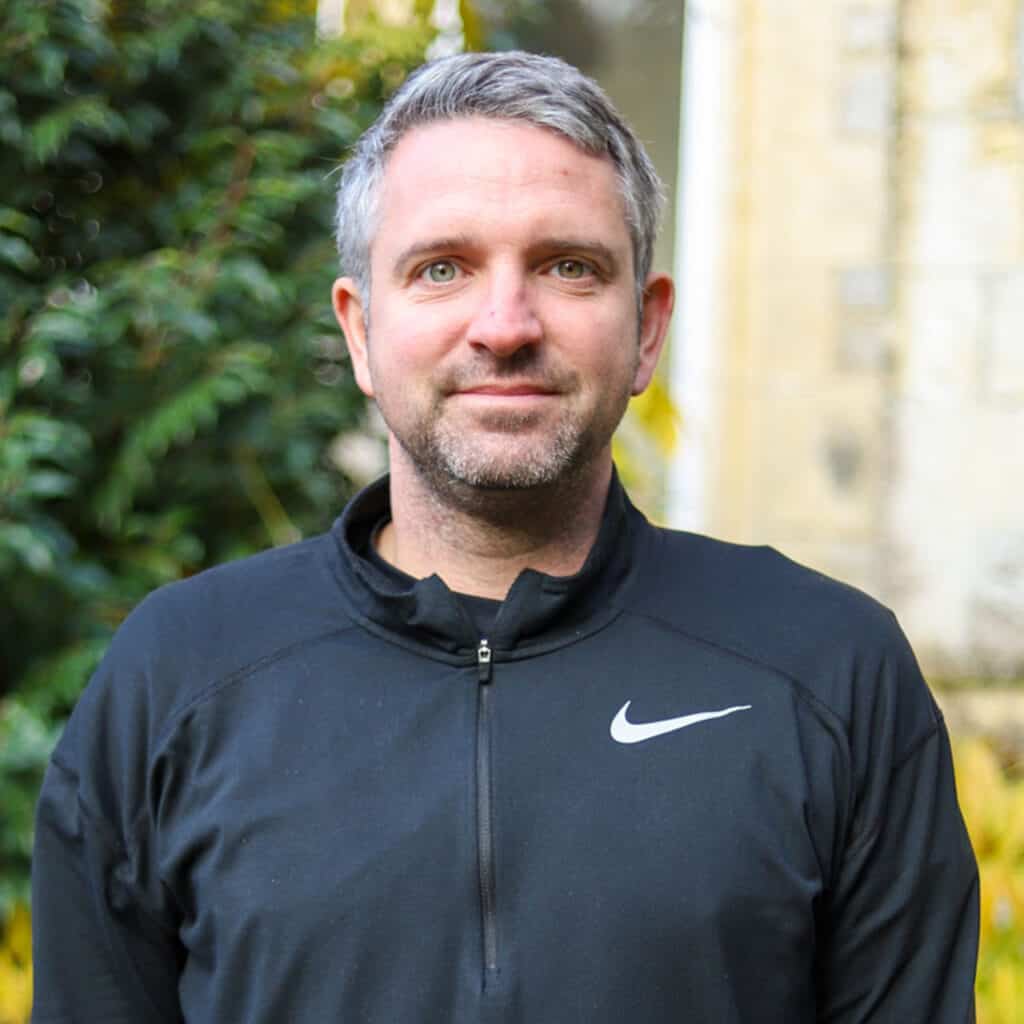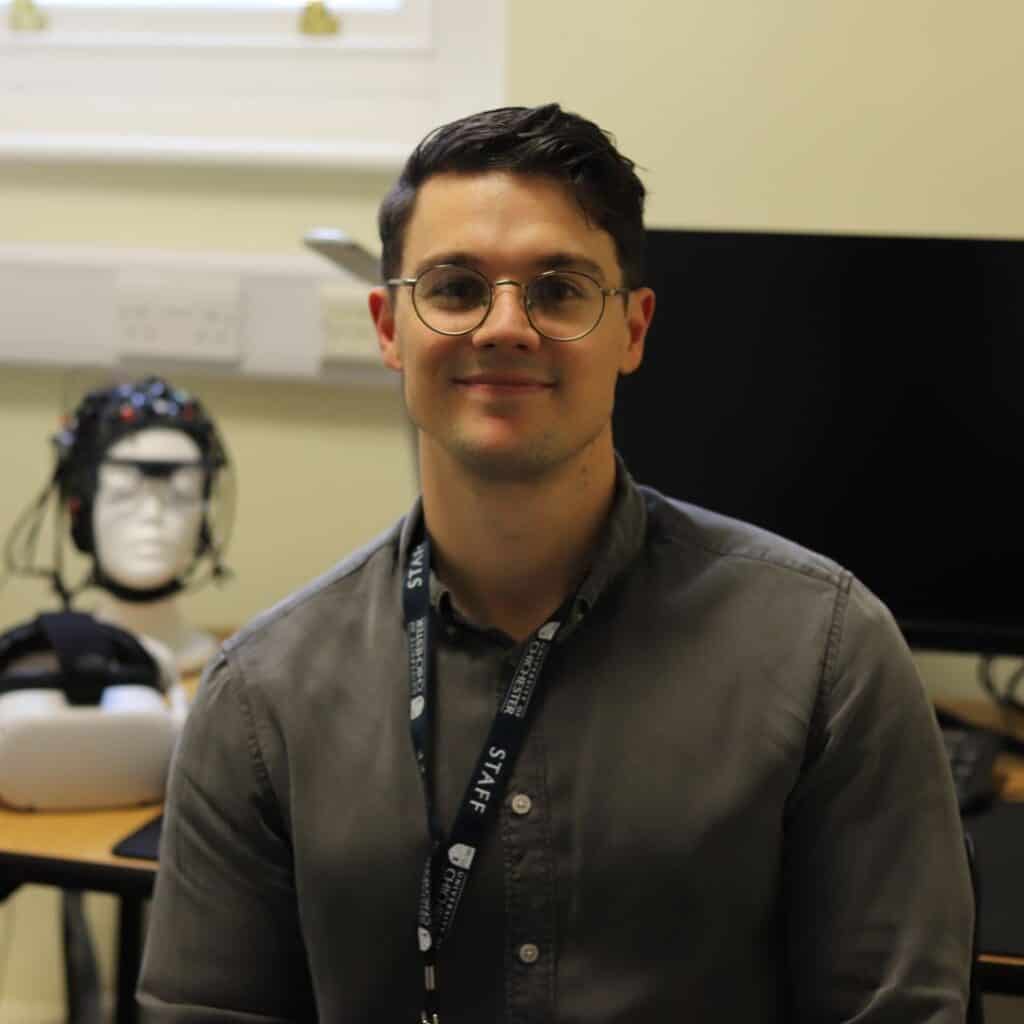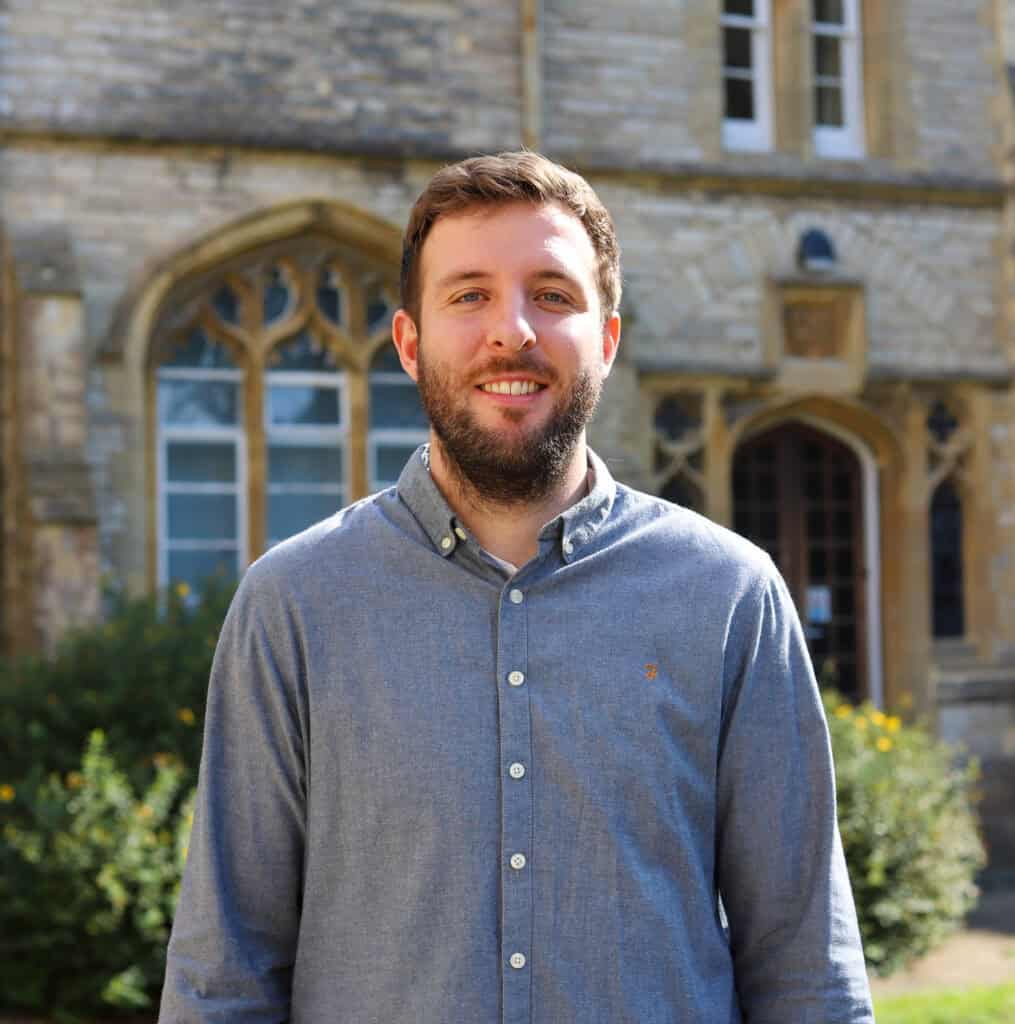Enhancing Sport Performance
Improving Performance in Sport
Researcher for coaches, athletes, officials and schools
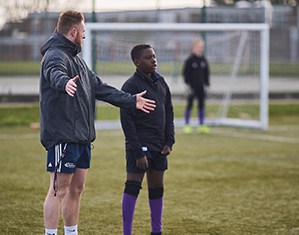
Researchers in this theme deliver research and consultancy to athletes, coaches, officials, sporting organisations and schools aimed at enhancing the performance, development and well-being of coaches, athletes and teachers. Our research is multi-disciplinary with expertise in sport psychology, exercise physiology, sports biomechanics, strength and conditioning, physiotherapy and skill acquisition.
For enquiries concerned with Sporting Performance Research please contact Professor Iain Greenlees.
Our Researchers
Meet our staff
Philippe Crisp
Programme Leader for Sport Development and Coaching
Our Research
Explore our research projects
Explore our research projects below.
Personality and Performance
How personality impacts sporting performance
The extent to which personality variables may influence sporting performance and the sporting experience is a question that has taxed sport psychologists and sporting observers for years. At the University of Chichester, we are interested in the extent to which stable personality traits may influence a performers journey through sport and the extent to which they meet their potential.
We are interested in the relationship between a range of personality variables, including the Big 5 traits of openness, conscientiousness, agreeableness, extraversion and neuroticism (e.g., Allen et al., 2010), mental toughness (e.g.,Birch et al., 2017) and more specific traits such as reward and punishment sensitivity. Predominantly we focus on the impact of personality on sporting performance and talent development but researchers are also exploring the role of personality in occupations such as life-guarding and in other performance domains such as e-sports.
Are you interested in finding out more about this research area or getting involved in our research projects? Please email Iain Greenlees on i.greenlees@chi.ac.uk.
Key Staff
Strength and Conditioning
Developing strength and conditioning training
To effectively develop athlete strength and conditioning programmes, strength and conditioning practitioners should inform their resistance exercise selection based on their suitability. Additionally, it is critical to establish appropriate and accessible methods to effectively monitor the effects of strength and conditioning programmes, whether the athlete should return to play/competition, and the athlete’s readiness to train. Both these areas can be effectively explored by quantifying the mechanical demands of resistance exercises and common athletic tasks with biomechanical techniques, like measuring force-time data using force plate measurement systems.
We have spent the last 15 years using force-time data to quantify the mechanical demands of different resistance exercises (e.g. Lake et al., 2017) and common athletic tasks (e.g. Lake and McMahon, 2018; McMahon et al., 2018b). Additionally, we have also been interested in 1) developing standardised methods to robustly process force-time data (McMahon et al., 2018, and 2) establishing the suitability of using new technology to quantify the mechanical demand of resistance exercise and common athletic tasks (e.g. Mundy et al., 2016; Lake et al., 2018; Lake et al., 2019).
We have also researched characteristics of effective strength and conditioning coaches and explored the impact of different coaching/leadership styles on the recipients of strength and conditioning coaching.
Interested in finding out more about this research area or getting involved in our research projects? Please email Jason Lake (j.lake@chi.ac.uk).
Key Staff
The Science of Women's Football
Researching women's football performance
There has been huge growth in the popularity of women’s football from both a research and participation perspective in recent years. The University of Chichester has always had a strong tradition in the women’s game and we were one of the first Universities to be awarded an FA Women’s High-Performance Centre in 2017.
Our research in women’s football has focused on the physical (e.g., Datson et al., 2017) and technical (e.g., Harkness-Armstrong et al., 2020) demands of match performance, fitness test performance (e.g., Bishop et al., 2019) and how testing can inform talent identification processes (e.g., Datson et al., 2019), injury prevention training (e.g., De Ste Croix et al., 2018) and the development activities of elite players (e.g., Ford et al., 2020). In addition to our numerous projects with female players, we have recently undertaken a multi-disciplinary project on the training and development of elite female referees (Datson et al., 2020).
We aim to research topical areas relating to football match performance, as demonstrated by one of our students currently undertaking a PhD entitled ‘interventions to reduce heading load in women’s football.’
Are you interested in finding out more about this research area or getting involved in our research projects? Please email Naomi Datson on n.datson@chi.ac.uk.
Adventure Sports Coaching
Understanding coaching in adventure sports
Participation in adventure sports has increased significantly in recent years, with 2.8 million people participating in 2018 (Sport England, 2018). This increased participation in adventure sports has brought with it an increased demand for quality coaching which, in turn, has generated research interest in adventure sports coaching.
Research from the University of Chichester has focussed on the identity, working practices and underpinning beliefs of adventure sports coaches (ASCs). Emerging evidence suggests that ASCs are orientated toward coaching for independent performance in highly dynamic environments and that high-level ASCs develop underpinning beliefs that are associated with learner-centred approaches to coaching (Christian, Berry & Kearney, 2017; Christian, Hodgson, Berry & Kearney, 2019). These, and other, studies have identified that, when it comes to coaching adventure sports, as opposed to other sports, something ‘a little bit different’ is happening. Specifically, the non-competitive nature of adventure sports, and the concept of working in synergy with the natural environment create a different set of social and philosophical parameters in which the ASC operates.
At present, ASC research at the University of Chichester is expanding with current projects focussing on comparing philosophical beliefs of ASCs with more ‘traditional’ sports coaches, investigating the demographics of the workforce, accuracy of observation and analysis of rock-climbing coaches and the use of case study research to investigate development of values, beliefs and philosophy.
For more information on the research activities in Adventure Sports Coaching, please contact Ed Christian (e.christian@chi.ac.uk).
Key Staff
Understanding and Enhancing Skills Acquisition
Explore skills performance and development
Researchers in this topic share an interest in understanding expertise, analysing visual search behaviours that underpin skilled performance, and developing effective learning environments to enhance skill acquisition.
To guide fast and accurate decision-making, skilled individuals engage in visual exploratory activity (VEA) to search for and pick up relevant information in their ever-changing environments. At the University of Chichester, we are interested in understanding visual search behaviours and the influence on performance in the domains of sport and lifeguarding. Our previous research in sport has predominantly focused on VEA in youth football and aim to further understand implications for coaches in designing effective practice to develop VEA.
In lifeguarding, our previous research has focused on visual search patterns and hazard detection. We aim to further our understanding into the visual search patterns that discriminate lifeguard experience and hazard detection performance. Specifically, our on-going PhD research intends to develop a greater understanding of psychological factors and neurocognitive processes involved in drown detection performance.
To design effective learning environments, we are interested in designing representative practice environments, using video analysis in practice and investigating cognitive load in motor learning. Specifically, our on-going PhD research aims to examine how changes in task difficulty that are either self-controlled (autonomous) or contingent on performance (challenge point) affect learning outcomes. The aim of this ongoing research is to give coaches more tangible, useable tools to inform and shape their practice environments and structure.
For more information on the research activities in Understanding and Enhancing Skill Acquisition, please contact Chris Pocock on c.pocock@chi.ac.uk.
Key Staff
The Science of Esports
Performance and wellbeing in esports
Researchers in this topic share an interest in understanding the science underpinning esports performance and the factors contributing to mental health and well-being in esports. Esports has seen a dramatic acceleration in growth over the last 15 years. This has led to an increasing amount of interest into the science underpinning performance and mental health of players. Despite the increased attention, relatively few empirical examinations have been conducted and published.
At the University of Chichester, we are primarily interested in psychological and psychophysiological determinants of esports performance and mental health. Our previous research has focused on stress and coping in elite esports players. By interviewing elite esports players, the study identified 51 individual stressors, including a range of internal (e.g., communication issues, lack of shared team goals) and external (e.g., event audience, media interviews) stressors. A range of emotion- (e.g., breathing, relaxation), problem- (e.g., intra-team communication after matches), approach- (e.g., team camps, delegating roles) and avoidance (e.g., removing self from the situation) coping strategies were described by participants. We hope this research enables applied practitioners to help esports players develop strategies to deal with stressors, which might in turn, might lead to performance enhancements.
To further examine the factors underpinning stress and mental health in esports players, we are currently collaborating with the Counter-Strike: Global Offensive Players’ Association to examine the predictors of mental health in professional players. The study aims to advance the current lack of understanding of the factors influencing mental health in professional esports players. In conjunction with this study, we are also collaborating with The Neul (UK’s largest university esports organiser) to examine the predictors of mental health in university players. By conducting these survey-based studies, we will be in a better position to understand mental health concerns in esports players, and ultimately support both amateur and professional players to deal with the intense demands of gameplay.
We also have an interest to examine the psychophysiological determinants of esports performance and mental health. We are planning various projects using heart rate variability and eye tracking to better understand the mechanisms underpinning esports performance. Additionally, we are keen to extend our research examining the transfer of perceptual-cognitive skill between football players and FIFA players. We hope the information gleaned will extend our understanding of the factors impacting esports performance and aid practitioners to better support players.
For more information on the research activities in The Science of Esports, please contact Phil Birch on p.birch@chi.ac.uk.


